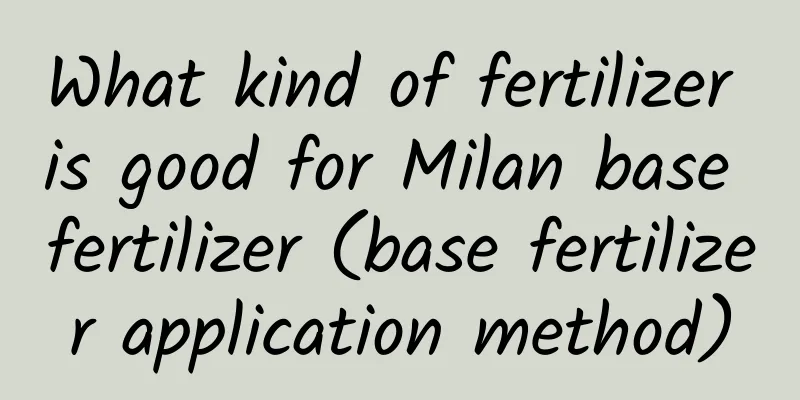Where is wood fragrance suitable for planting?

Wood fragrance planting area Costusroot is mostly cultivated in high-altitude mountainous areas at an altitude of 2700 to 3300 meters, where the soil is fertile and the drainage and water retention properties are good. It prefers cool and humid climatic conditions and is cold-resistant and fertile. Costus root is distributed in Northeast, North China and Northwest my country, and is mainly produced in Hebei. In addition, it is also produced in Xinjiang, Gansu, Shaanxi, Henan and other provinces and regions, either wild or cultivated. Among the multiple planting bases, the costus root produced in Quanxiu Village, Guanmian Township, Kaizhou District is the most famous. In 2018, the national sales volume of costus root was about 3,000 tons, of which Quanxiu Village sold 900 tons, accounting for nearly 30%. The title of Quanxiu Village, the hometown of costus root, is well deserved. Wood fragrance planting conditionsWood fragrance is suitable for sowing in spring. It grows fast in spring and autumn, and grows slowly in hot and rainy seasons. The annual average temperature suitable for growth is 5.6℃, the extreme maximum temperature is 23℃, the extreme minimum temperature is -14℃, the annual precipitation is 800-1100 mm, and the frost-free period is about 150 days. Key points of planting and management of wood fragrance1. Thinning When the seedling height is 3-5cm, thin out the seedlings at a spacing of 4-6cm. When the seedling height is 6-9cm, thin out the seedlings at a spacing of 15cm. If seeding is done in holes, leave 2 healthy seedlings in each hole, and replant the missing seedlings with soil in time. Generally, about 12,000 seedlings are left per 667㎡. 2. Intertillage and weeding Generally, weeding is done 3-4 times in the first year. The seedlings grow slowly, so weeding should be done in time and the soil should be loosened shallowly. When the seedlings grow 6-7 true leaves, weeding is done for the second time; the third and fourth times are done in July and August respectively. 3. Topdressing and soil cultivation Apply nitrogen fertilizer in the early growth stage to promote vigorous growth of the plant. Apply more phosphorus and potassium fertilizers in the later growth stage to promote thick root growth. In the first year, nitrogen fertilizer is mainly used, with some phosphorus fertilizer applied. |
<<: Where is Hawthorn suitable for planting?
>>: Does sugarcane need to be watered every day?
Recommend
Sunflower flowering period, when is the sunflower season
1. Sunflower flowering period Sunflowers are usua...
What is the best fertilizer for Brazilian wood?
Fertilization time of Brazilian wood The rubber t...
Flowering period of Agapanthus
Agapanthus The flowering period of Agapanthus las...
How to grow gardenia
1. Soil Gardenia is an acidic plant, and acidic s...
How to breed Rhinoceros horn
1. Maintenance methods 1. Temperature: It will gr...
If you don't even know how to water the flowers, it's hard to imagine you can grow them well.
Can't pour it over your head Generally speaki...
How to grow golden marbles and how to ensure flowering and fruiting?
Golden Ball is a relatively high-end potted plant...
Is Begonia bulbous harmful to human body?
Is the plant harmful to humans? This flower is ha...
How to grow green radish well? Indoor maintenance methods
The green ivy is really easy to grow. It is a gre...
Common diseases and pests of Yalezhiwu and their control methods
Common diseases Rust When Dancing with Ballad is ...
What to do if the leaves of white orchid turn yellow
reason Excessive water If the amount of watering ...
Can spider plant seeds be planted?
Can spider plant seeds be planted? Chlorophytum s...
How to grow tuberose in winter, safely and without worries!
Breeding methods in winter temperature: Tuberose ...
Sweet potato planting conditions and environmental requirements of the growing area
Introduction to Sweet Potato Honey potato is also...
How to trim Bafanglaicai to look good
When is the best time to trim the Bafanglaicai Pr...









